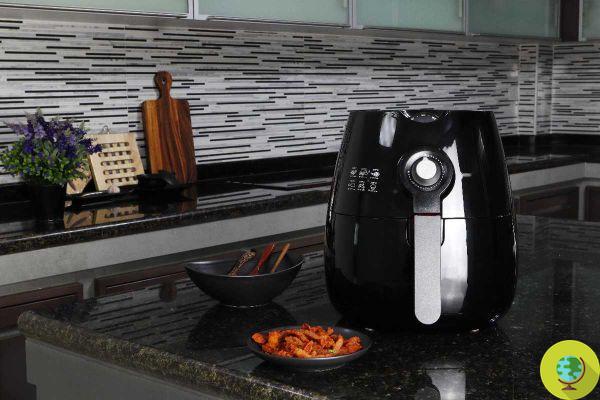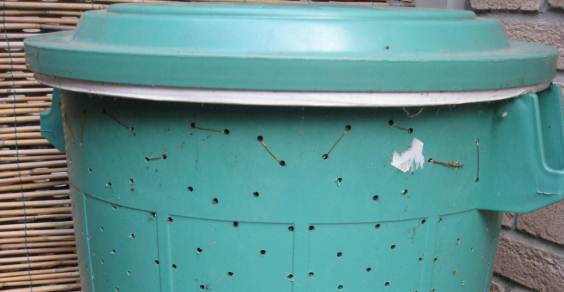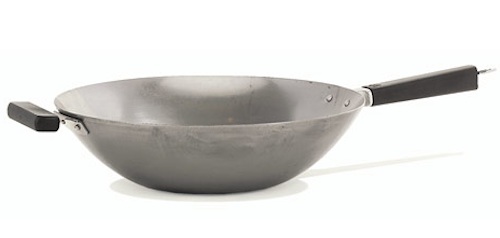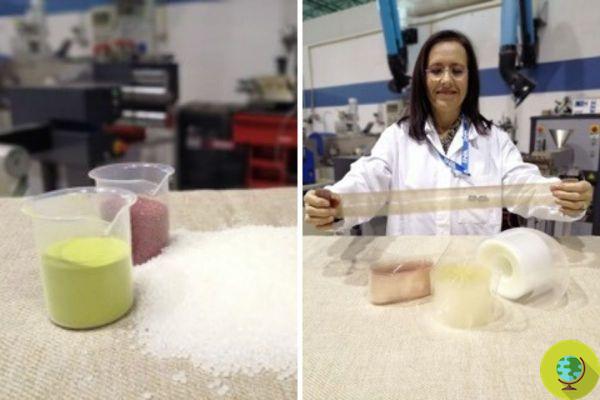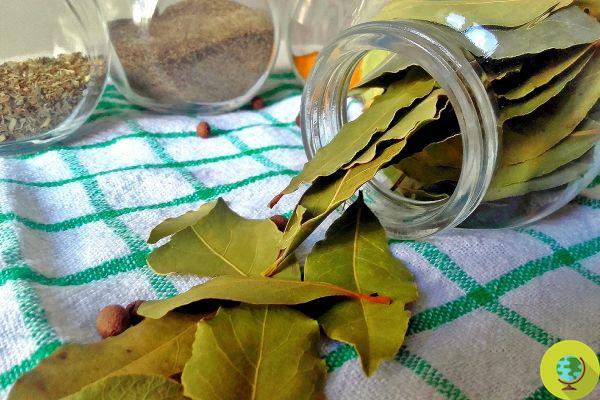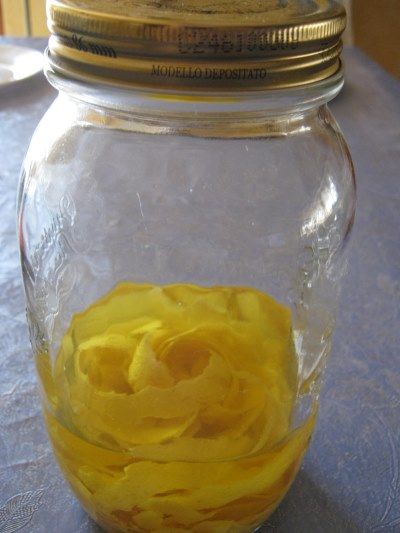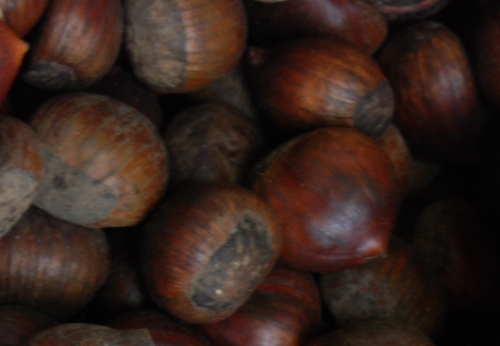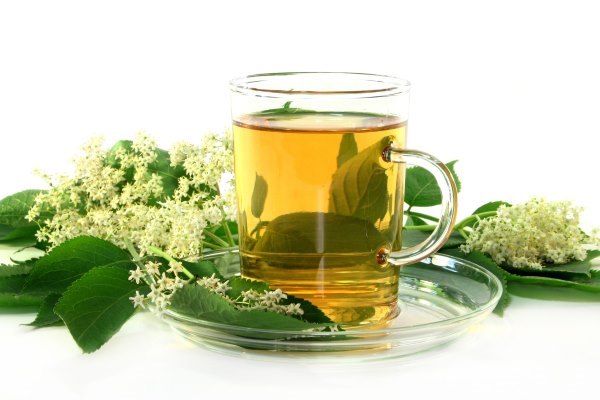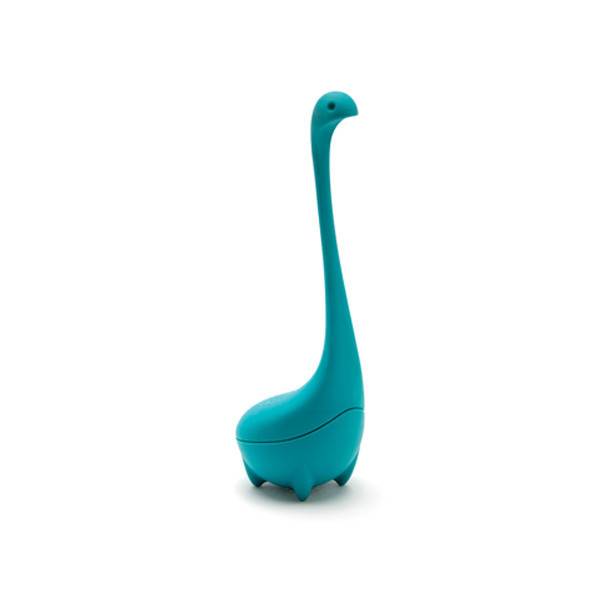
Turning on the air conditioners frequently is a great source of pollution: let's see how to counteract the summer heat in a more sustainable way
He is about to end up run over, his mother saves himAfter a winter whose aftermath has dragged far beyond the limits of the season and a spring that has practically never arrived, the last few days have been characterized by temperatures well above average, which have already forced us to come up with short-sleeved shirts and , in some cases, even to resort to air conditioning systems.
In a world that promises to be hotter in the coming years, air conditioners seem to be the only strategy to counter the effects of heat: it is estimated that in the near future, sales of air conditioning systems will increase significantly.
However, excessive use of this technology can only be considered harmful to the health of the environment, since it creates a vicious circle that is difficult to break and with dramatic consequences: we know that air conditioners consume large quantities of electricity to operate, and that the Electricity derives mostly from fossil sources such as coal and oil, which are responsible for greenhouse gas emissions.
So, the hotter it gets, the more people will resort to air conditioning, and this will increase greenhouse gas emissions into the atmosphere, further contributing to global warming and rising temperatures. We must massively reduce our use of air conditioners if we are to help the environment - as well as our wallets, given the substantial increases in energy costs we are seeing.
What to do, then, to avoid suffering the heaviest consequences of the summer heat? According to a recently published study, the main factor of use of air conditioning is the thermal discomfort: in practice, when the temperature of the place where we are is too high and exceeds our tolerance threshold, our body feels discomfort. To avoid thermal discomfort and bring the temperature below the tolerance threshold, we turn on the air conditioners.
Read also: Medicines and heat: the mistakes you could make in the summer (and that you must avoid)
The key to reducing thermal discomfort for our body without necessarily resorting to air conditioning every time is to act on our body, rather than on the environment that surrounds us: in this way we will avoid large expenditure of energy and, consequently, we will reduce the polluting greenhouse gas emissions.
The key word in summer is hydration: water, perhaps at a cool temperature, is a valuable aid against heat stroke and unbearably high temperatures. We therefore always keep a thermal bottle filled with fresh water next to us and draw from it during the day: just drinking a few sips of liquid at a temperature lower than that of our body will allow us to feel immediate relief.
In addition to this, we can also use fresh water to vaporize our body during moments of maximum heat, to quickly lower the body's surface temperature and make us feel better. Always for the same reason, it is good to often wet the inside of the wrists and knees, but also the hands and feet with cold water.
But we can also modify the environment around us a little to make it cooler without wasting electricity. Here are some useful tips:
- Use insulating windows. The double glazing of the windows will prevent the summer heat from entering the house, keeping the rooms cooler: this system works against the heat, but also against the cold, thus helping us to turn on the radiators less during the winter. In addition to the windows, we can invest a few euros in the purchase of light-colored fabric curtains, which will shade the house during the day. Finally, we keep the shutters lowered during the hottest hours of the day when the sun beats down, always to prevent too much heat from entering the apartment.
- Choose light colors. Painting the walls of the house with light colors, such as white or pastel colors, can help reflect the sun's rays and keep our rooms cooler during the summer season.
- Yes to plants inside the house. Even the company of some houseplants can help us to counteract the heat, thanks to the e. this article.
Follow your Telegram | Instagram | Facebook | TikTok | Youtube
We also recommend:
- In India it's getting hellishly hot like never before
- Small pets at risk of heatstroke as temperatures rise, the study
- Beware of heatstroke in the summer! All the symptoms and advice to follow to protect dogs and cats





